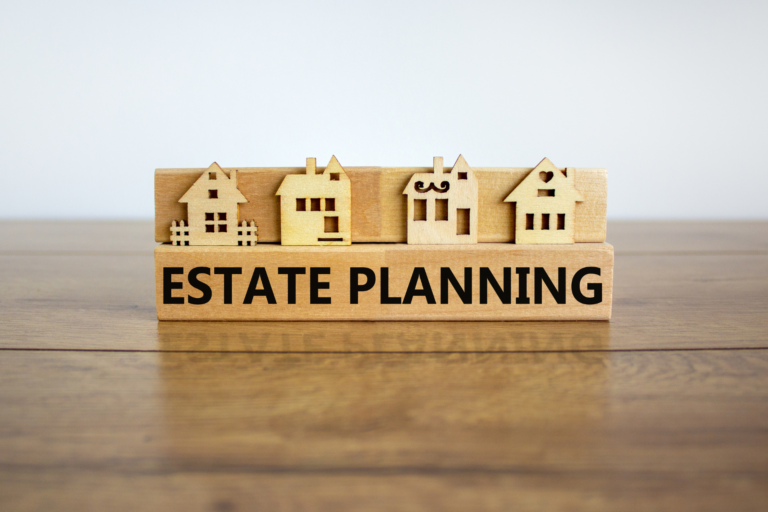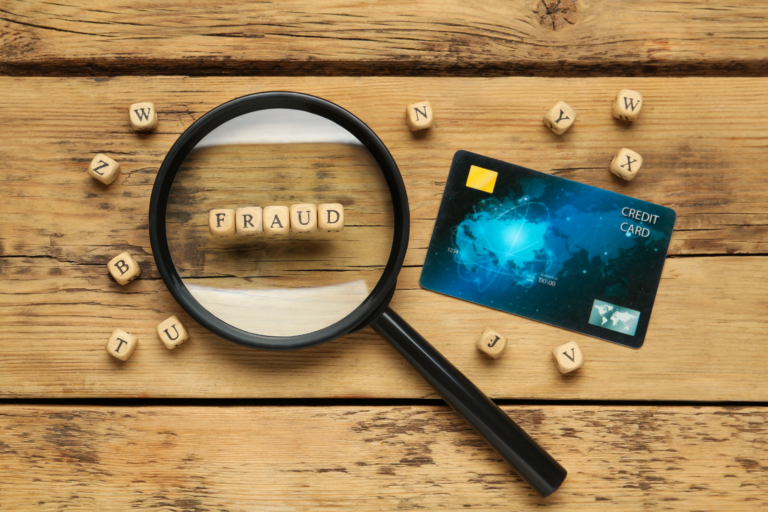By Henry Orbe, NYLAG Financial Counselor
April is National Financial Literacy Month, an important time to learn more about your financial habits, increase your financial knowledge, and build a better financial future. Managing our money can be challenging, but increasing our financial literacy helps us make better and more informed financial decisions, change our habits, and be more financially secure.
Here are some easy-to-follow tips and online resources to help you get started:
1. Learn about your habits by looking at your spending patterns.
Checking your bank and credit card accounts every once in a while helps you realize how much money you have and how much money you owe. However, creating a budget is the best way to catch and correct negative financial habits.
To create a budget, start by listing your income sources, such as your salary or wages, government benefits, or income from a side hustle. Next, list all your expenses, including rent or mortgage payments, utilities, groceries, transportation, and any other regular expenses. Then, the key step is identifying the areas or activities where you can cut back on spending. Think of your budget as a powerful tool that helps you choose where you want to spend your money.
- Tip: For ideas on how to save money, check this article by the AARP with 99 Great Ways to Save. For apps to start your budget, check out Mint or Honeydue for couples.
2. Reduce your stress and feel more secure by building an emergency fund.
It may not come as a surprise that worrying about money increases your stress levels. A recent study by the American Psychological Association found that 43 percent of survey takers reported that “saving enough money for things in the future” was their main source of stress.
An emergency fund is a separate savings fund that you can use in case of unexpected expenses or financial hardships. Your fund can start low and grow bigger over time, and it can be a great tool to provide a cushion for an emergencies such as a job loss, medical expenses, or unexpected expenses such as a car repair. To build an emergency fund, start by setting a goal for how much you want to save, such as three to six months of living expenses. Then, create a plan to save a set amount each month until you reach your goal.
- Tip: If you want step-by-step guidance on how to start your savings fund, check out this article from the Consumer Financial Protection Bureau. You can also check our article on high-yield savings accounts to find out if these are a good fit for you.
3. Increase your financial literacy and potentially save some money!
According to a National Financial Education Council survey, lack of financial literacy cost Americans up to $1,819 last year. Simply put, not being aware of information, tools, and techniques that that can help you control your spending, build your credit without incurring debt, and protect your income or assets from fraud result in a financial cost for you and your family.
There are many online resources available that can help you learn about managing your money, building credit, saving for retirement, and more. For example, the Consumer Financial Protection Bureau has a free online resource center that offers courses, webinars, and other educational materials to help you improve your financial literacy. Additionally, personal finance blogs, such as Nerd Wallet or Investopedia, can offer practical advice and guidance on a variety of personal finance topics.
- Tip: If you still have questions, you can also reach out to NYLAG to schedule an appointment with a financial counselor.
Remember, there is never a better time than now to focus on building your financial literacy and securing your financial future. By creating a budget, building an emergency fund, and educating yourself about personal finance, you can take control of your finances and achieve your financial goals.
Still have questions?
To learn more tips and strategies to manage your money, create a budget, and increase your savings, reach out to a NYLAG financial counselor. We can help you create a spending plan, set up achievable goals, and start building your savings.








